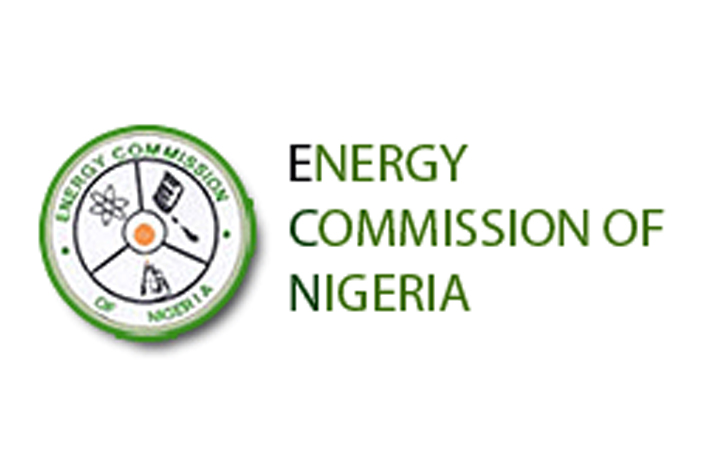The Energy Commission of Nigeria (ECN), its partners and stakeholders have mapped out strategies to attract the $4 billion yearly investment to Nigeria said to be the country’s target to meet the Net Zero emission by 2050.
The director general of the Commission, Dr. Mustapha Abdullahi made this known while fielding questions with reporters during a one-day Energy summit, with the theme “Prospects Of Energy Transition Plan”, which was held in Abuja on Wednesday.
He told reporters that “from our Transition Plan we need 4 billion dollars every year for us to meet the net Zero by 2050. And for us to reach that target, the government cannot do that alone, so that is why this summit is very important. What we are doing today is to set up that plan to all stakeholders to achieve and raise that fund. We need to get that investment into the country.”
In his earlier remarks, the ECN boss said the theme is apt at this time when assessment of Energy Transition reported by the World Economic Forum showed that sustainability of the Transition is at risk in Nigeria in spite of the low Energy Consumption per capita.
“Therefore, it is a concern for all relevant Ministries, Department and Agencies to resolve issues that concern Energy in Nigeria, and as such embark on a journey of exploration, dialogue, and collaboration toward shaping the future of energy in our dear Country,” he added.
He noted that the Energy Transition Plan (ETP) represents Nigeria’s commitment to reducing carbon emissions, mitigating climate change, and ensuring energy security for generations to come.
“The opportunities presented by Energy transition are quite enormous. From the expansion of renewable energy sources to the stimulation of economic growth and the enhancement of energy access, the possibilities are vast and promising.
“However, we must also confront the challenges such as Investment barriers, grid integration issues, robust policy frameworks and some hurdles of energy transition goals.
“Some of the solutions include innovative policy measures, regulatory reforms, and investments in grid modernization to address the challenges ahead and pave the way for a sustainable energy transition,” Abdullahi said.
He pointed out that collaboration amongst government institutions, private sector players, and civil society organisations are crucial to driving progress and achieving the goals of energy transition in Nigeria.
Joshua Yari Garba, Component Lead, Enabling Environment, Nigerian Energy Support Programme (NESP) which collaborates with the European Union and the German GIZ, told reporters that NESP is working to “create an enabling environment for investment within Nigeria especially on renewable energy efficiency and rural electrification.”
NESP is a technical assistance programme co-founded by the European Union (EU) and the German government through the GIZ to support and advise the Nigerian government on the promotion of renewable energy efficiency and rural electrification.
Garba disclosed that the NESP has invested about 48 million Euros in the second phase in collaboration with the EU and the German Federal Ministry for Economic Cooperation and Development. He said further that in the third phase of the programme, the NESP is also putting about 19 million Euros to support the Nigerian government.
He added that the World Bank also with the Nigerian Electrification Programme is bringing in about 750 million dollars to help the Nigeria government in terms of the integration of renewable energy and energy efficiency especially in the rural areas.











